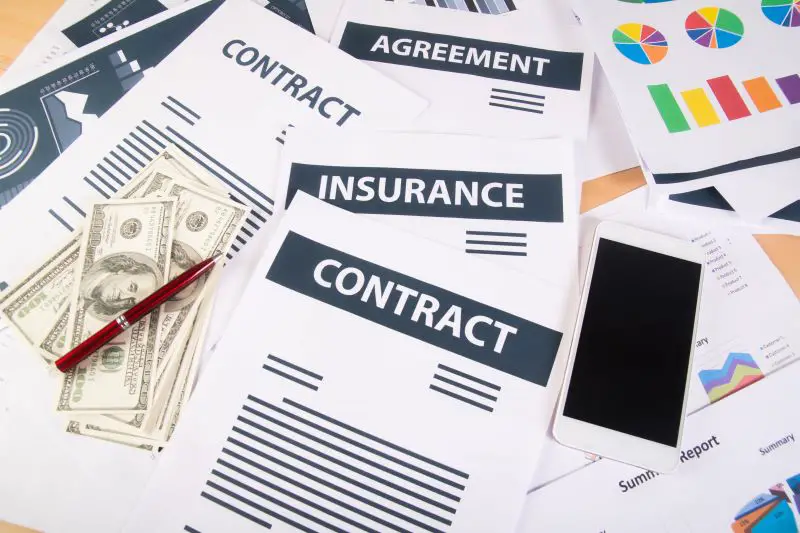Click here to get this post in PDF
If you are actively involved in an accident caused by someone else’s clear negligence, their insurance company may request a meeting with you before settling your claim. Arriving prepared empowers you to actively advocate for fair compensation for your losses. Use these proactive tips to prepare yourself for a productive meeting with the defendant’s adjuster.
Do Your Research on The Insurance Company
The first step is learning about the insurer you’ll be meeting with. Find out what their reputation is for claim settlements and customer satisfaction. Look at online reviews and check out organizations like the Better Business Bureau. This can give you an idea of how reasonable and fair this company tends to be.
Avoid making assumptions, but go in with an understanding of their general approach. You are lucky if you live in a major state like New Jersey, as there are many personal injury law firms in New Jersey, New York, Pennsylvania, and other major states that can help you.
Gather Documentation About the Accident
Well before the meeting, compile police reports, medical records, bills, repair estimates, missed work documentation, and other evidence. This paperwork trail proves your losses and validates the compensation you’re seeking. Highlight relevant sections and have file copies ready to present. The more thorough your documentation, the harder it will be to deny or downplay your claim.
Calculate Your Total Losses
Add up all the quantifiable losses you have incurred, from medical expenses to property damage to lost income. Estimate the future costs you are likely to accrue. Don’t inflate anything, but be comprehensive. Provide the insurance adjuster with documentation to back these amounts up. This will serve as a starting point for negotiation.
Understand the Insurance Policy Limits
Ask the defendant’s insurance provider what policy limits apply. This is the maximum payout the company is liable for. Understanding these caps will give you an idea of what kind of compensation is feasible. The adjuster may start lower, but policy limits often set the upper parameters.
Consult With a Lawyer
Enlisting help from an experienced personal injury attorney can be invaluable. They can check that your documentation and loss calculations are accurate and appropriate. A lawyer can also advise you on insurance regulations, provide negotiation tips, and sit in on the meeting if allowed. This support can prevent you from being taken advantage of.
Anticipate Questions and Prepare Responses
The insurance company will likely probe the circumstances of the accident, your resulting injuries, and the impact on your finances. Think through the tough questions they may ask and draft diplomatic responses. You want to be truthful while emphasizing facts that support your claim. Having these answers prepared will help you stay calm and consistent.
Outline Your Meeting Agenda
Actively outline the key points you want to directly cover in the meeting, highlighting your losses and needs. Decide what aspects are non-negotiable and where you can demonstrate flexibility. Create an organized, printed agenda to actively drive a focused, productive discussion resolving your claim equitably.

Dress professionally in clean, modest attire to indicate you are taking this seriously. It helps earn the adjuster’s respect. Also, it’s natural to feel emotions like frustration when recounting your experience. Make an effort to actively stay professional and calm despite adversarial questions or offers. Do not become defensive or angry, as it can undermine your credibility. Truthfully state your position with passion, but always maintain composure.
Conclusion
Preparing thoroughly and strategically for your meeting with the defendant’s insurance company puts you in the best position. With the right approach, you can demonstrate the validity of your claim and gain the compensation you rightly deserve. Being organized, reasonable, and working collaboratively is key. The meeting marks an important step in finding closure and moving forward after a trying experience.
You may also like: What You Need to Know About Business Insurance

